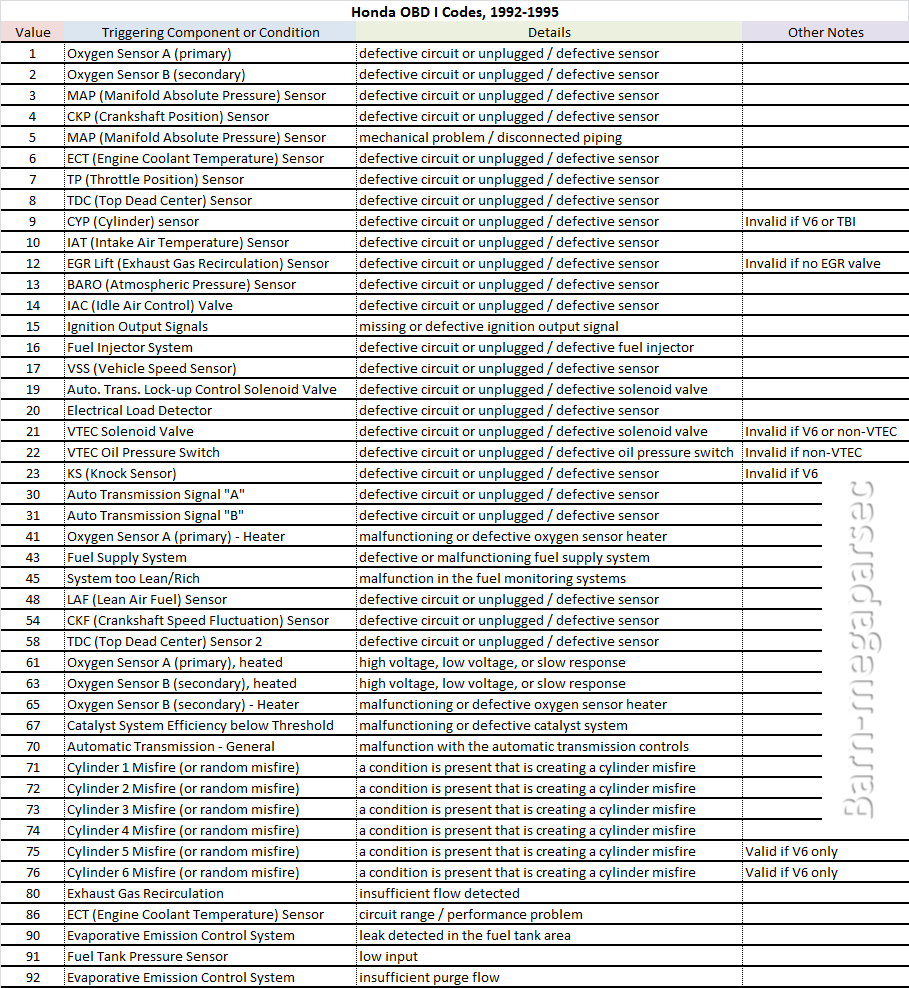Vanishing Act: Do Engine Codes Clear Themselves?
That check engine light glaring from your dashboard can be unnerving. It's a modern-day hieroglyph, hinting at hidden issues within your car's complex systems. But what happens when it vanishes as mysteriously as it appeared? Do engine codes clear themselves, or is it just wishful thinking? This is a question that plagues many drivers, and understanding the answer is crucial for maintaining your vehicle's health.
The truth is, sometimes they do, and sometimes they don't. It's not a simple yes or no answer. The behavior of these diagnostic trouble codes (DTCs), commonly referred to as engine codes, depends on the nature of the underlying problem. Some issues are intermittent, arising only under specific conditions. Once those conditions cease, the code may clear itself after a certain number of successful drive cycles.
Think of it like a hiccup in your car's system. A temporary glitch might trigger a code, but once the system returns to normal, the code disappears. This can happen with issues like a loose gas cap or a momentary sensor malfunction. However, more serious problems, like a failing catalytic converter or a persistent misfire, will likely result in a persistent code that requires professional attention.
Understanding the nuances of self-clearing engine codes requires a bit of background. The OBD-II (On-Board Diagnostics, Generation II) system, mandated in all cars manufactured since 1996, continuously monitors various systems in your vehicle. When a fault is detected, a corresponding DTC is stored in the car's computer. This triggers the check engine light. The OBD-II system is designed to assist mechanics in quickly diagnosing problems, saving time and money on repairs.
While some codes will clear themselves after the issue is resolved, the underlying problem might still exist. Just because the light goes off doesn't mean the problem has magically vanished. The code might be pending, meaning it hasn't been triggered enough times to illuminate the check engine light again. It's crucial to use an OBD-II scanner to check for any stored or pending codes, even if the check engine light is off.
One benefit of self-clearing codes is that they can indicate minor, temporary glitches. For example, a loose gas cap can trigger an evaporative emissions code, but tightening it often resolves the issue, leading to the code clearing itself after a few drive cycles. This avoids unnecessary trips to the mechanic for minor issues.
Using an OBD-II scanner can reveal both active and stored codes, providing a more complete history of your car’s diagnostic activity. Many affordable scanners are available, allowing you to monitor your car’s health yourself.
Advantages and Disadvantages of Self-Clearing Engine Codes
| Advantages | Disadvantages |
|---|---|
| Indicates resolution of temporary issues | Can mask underlying persistent problems |
| Avoids unnecessary trips to the mechanic for minor problems | Can lead to delayed diagnosis and more expensive repairs |
Best Practices for Dealing with Engine Codes:
1. Use an OBD-II scanner: Regularly check for codes, even if the check engine light is off.
2. Research the code: Understanding the meaning of the code can help you assess the severity of the problem.
3. Address the underlying issue: Don't ignore persistent codes. Even if they clear themselves, the problem might return.
4. Maintain your vehicle: Regular maintenance can prevent many problems that trigger engine codes.
5. Consult a mechanic: If you're unsure about the meaning of a code or how to address it, seek professional help.
Frequently Asked Questions:
1. How long does it take for an engine code to clear itself? It depends on the specific code and the vehicle, but it can range from a few drive cycles to several weeks.
2. Will disconnecting the battery clear engine codes? Yes, but it's not a recommended solution as it can also erase valuable diagnostic data.
3. … (And so on, with at least 6 more FAQs)
In conclusion, while some engine codes do clear themselves, this should not be interpreted as a free pass. Understanding the reasons why engine codes might disappear on their own is essential for responsible car ownership. Regularly scanning for codes, even if the check engine light is off, and addressing any underlying issues promptly are crucial for maintaining your vehicle's health and preventing more serious problems down the road. Don't let a vanishing check engine light lull you into a false sense of security. Be proactive, stay informed, and keep your car running smoothly for years to come. Ignoring potential problems can lead to more costly repairs in the future. Invest in a good OBD-II scanner and familiarize yourself with the resources available to interpret engine codes. By taking charge of your car's maintenance, you'll save money and enjoy a more reliable driving experience.
Minnesota prison boot camp a second chance
Dominate your league unlocking the secrets of nfl fantasy football top picks
Boost your car audio the ultimate guide to integrating amps and subs with your factory stereo













